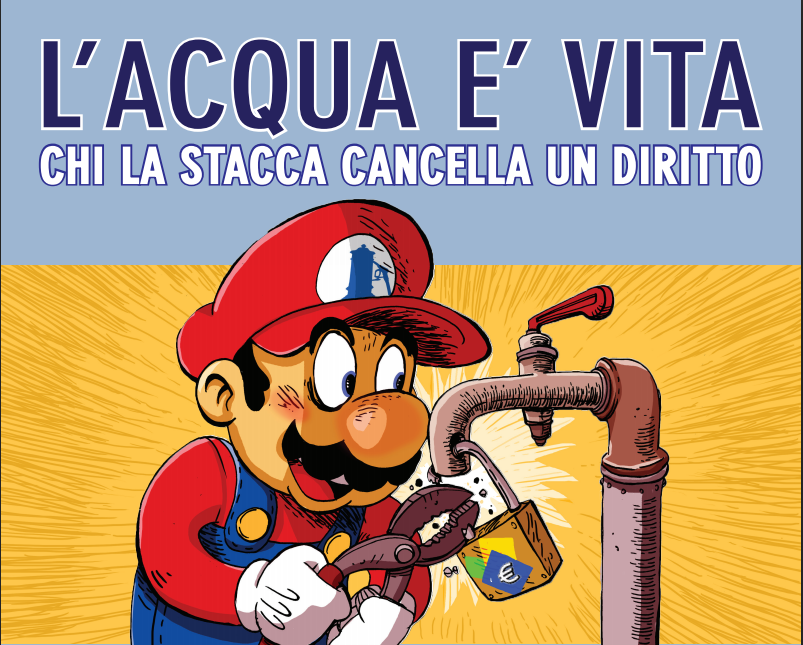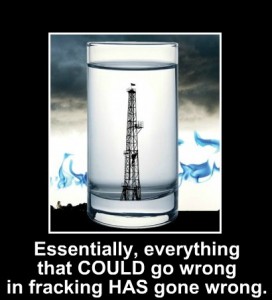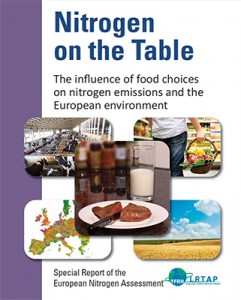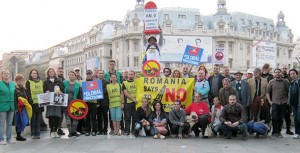 Every Tuesday evening, an office in the second district of Rome opens its doors in an old cinema to provide information to families whose water supply has been cut-off for not being able to pay the bills. This self-organized group called Bastadistacchi puts families in touch with Super Mario and his patrol of water activists, who break the seal installed by the water company so those families can have their right to water.
Every Tuesday evening, an office in the second district of Rome opens its doors in an old cinema to provide information to families whose water supply has been cut-off for not being able to pay the bills. This self-organized group called Bastadistacchi puts families in touch with Super Mario and his patrol of water activists, who break the seal installed by the water company so those families can have their right to water.
A few months ago, the regional Ombudsman from Andalusia, in southern Spain, published a new report stating that water poverty is a severe problem after many years of austerity policies. Some sources estimate around one million water cut-off warning letters are sent every year in Spain. Just one company, Agbar-Suez, admitted that they initiate 12.000 water cut-offs per month. The regional ombudsman was concerned about the situation suffered by many families who cannot afford to pay water bills, and advocated for regulation guaranteeing that nobody can be deprived from access to water for economic reasons.






 Here at Food & Water Europe, we’re not only celebrating the New Year, but also the 10th anniversary of our sister organisation, Food & Water Watch.
Here at Food & Water Europe, we’re not only celebrating the New Year, but also the 10th anniversary of our sister organisation, Food & Water Watch.